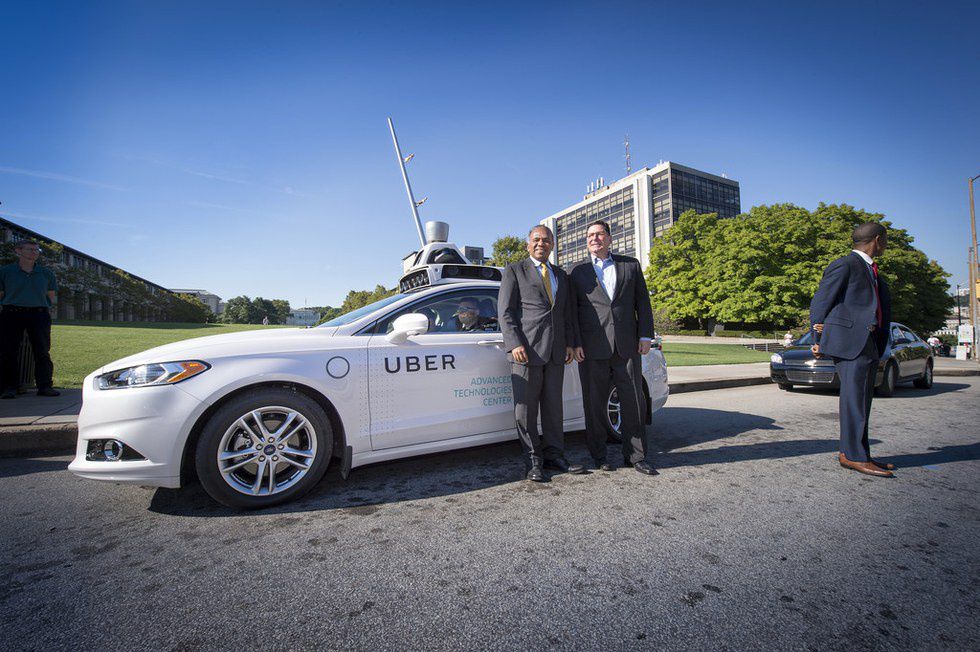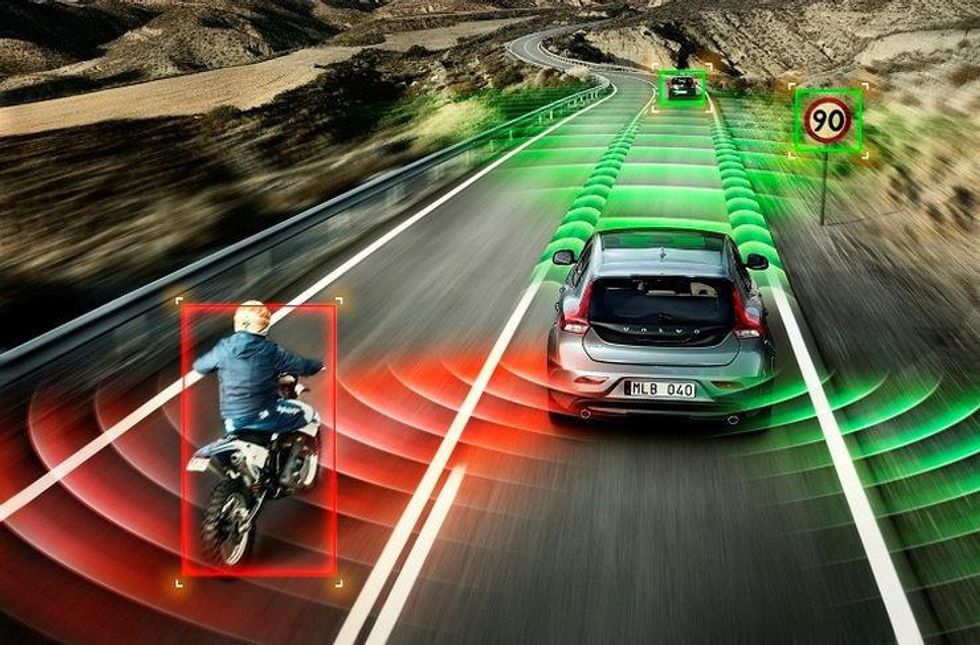Autonomous cars — they're everywhere and nowhere. When you're at a stoplight and glance over at the car next to you, what do you expect to see? It goes without saying that we're accustomed to seeing a driver at the wheel. But could you imagine a day where it'd be more "normal" to see an empty driver's seat?
Transportation is something humans cannot live without, so the topic of autonomous cars remains ever relevant. Here's what you should know:
Legislature is being passed in many states to ensure the success and safety of autonomy.
In the hands of any human, a car wields the power to destruct nearly everything in its path. But inn the hands of artificial intelligence? As a society, we do seem to be naturally wary when placing our trust in modern technology. The National Conference of State Legislatures provides us with a comprehensive and current database for autonomous vehicle legislation.
Not all self-driving cars are actually self-driving.

That is, they still have drivers behind their wheels. In September 2016, Uber debuted its own self-driving cars in Philadelphia. However, every driverless Uber actually comes with a "safety driver." After a few months of this new Uber on the road, data gathered showed that safety drivers had to frequently intervene and control the car. Overall, there are still huge improvements to be made before self-driving Uber can really take on the road.
But, California is proposing legislature that will give more freedom to autonomous vehicles.
This legislature would allow autonomous vehicles to essentially operate at its company's discretion. This could be potentially life-changing by allowing several companies the chance to test and improve their cars in real-world conditions. However, there lies great danger in allowing companies to determine what is "safe" when...
... it's a race.
Over the past several years, companies have competed to create the autonomous car. In the heat of it all, Uber and Waymo, which was originally Google's self-driving project, have gotten tangled in a legal battle.
Autonomous vehicles are predicted to be much safer than traditional vehicles.
Humans are imperfect, and it only takes one small mistake to result in an irreparable disaster. However, with the power of machine learning and data-collecting sensors, autonomous cars have the capacity to surpass human driving skills.
But even before self-driving cars can hit the road, we still have to consider several ethical dilemmas.
For starters, who is more important: the pedestrian or the passenger?











































